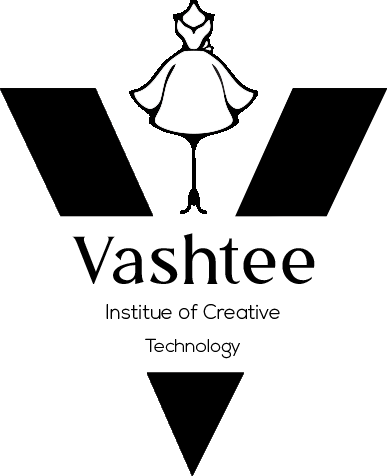In today’s digital world, understanding computer hardware and software is essential—not just for tech professionals, but for anyone looking to succeed in almost any industry. A Hardware and Software course is the perfect starting point for students, job seekers, and tech enthusiasts who want to gain practical knowledge and technical skills in a short period.
Course Objective:
To equip students with practical and theoretical knowledge of computer hardware, software installation, networking concepts, and troubleshooting techniques to prepare them for entry-level IT support or networking roles.
Course Structure:
Module 1: Computer Hardware Basics
- Introduction to computer components: CPU, RAM, HDD/SSD, motherboard, etc.
- Assembling and disassembling a PC
- BIOS/UEFI configuration
- Peripheral devices and ports (USB, HDMI, etc.)
Module 2: Operating Systems & Software
- Installing operating systems (Windows, Linux)
- Dual boot setup
- Drivers and software installations
- System formatting and partitioning
- System updates and basic troubleshooting
Module 3: Networking Fundamentals
- Types of networks: LAN, WAN, MAN, PAN
- OSI & TCP/IP models
- IP addressing, subnetting
- Routers, switches, hubs, modems
- Wired & wireless networking
- Network cabling and crimping (RJ-45)
Module 4: Network Configuration & Administration
- DHCP, DNS, NAT, VPN
- Sharing files, printers on a network
- Configuring basic LAN setup
- Wi-Fi configuration and security
- Using tools: ipconfig, ping, tracert, etc.
Module 5: Troubleshooting & Security
- Diagnosing hardware and software issues
- Malware removal & antivirus setup
- Network troubleshooting
- Backup and recovery
- Safe internet practices
Module 6: Practical Projects & Certification Prep
- Real-life networking scenarios
- Lab work (physical or virtual labs)
- Introduction to certifications: CompTIA A+, Network+
- Resume building and job readiness
Tools & Platforms Used:
- Windows, Linux (Ubuntu)
- Packet Tracer / GNS3 (for simulations)
- Networking toolkit: Crimping tools, cables, LAN tester
- VirtualBox / VMware (for OS virtualization)
Learning Outcomes:
By the end of this course, students will:
- Understand and troubleshoot computer hardware and software
- Set up and maintain small to medium-sized networks
- Install and manage operating systems
- Be prepared for entry-level IT support roles or certifications
Admission Is Going On:
Enroll now to any of our Offline (On- Campus) or Online (Live Class) courses as per your suitable time.
Course Type:
3 Month Certificate
Freelancing site: Upwork, Fiverr, Freelancer, etc.
Course Fee Offline
BDT 15,000
Enroll Now
Course Fee Online
BDT 15,000
Enroll Now
Course duration: 3 months
Classes per week: 2 days
Total classes: 24
